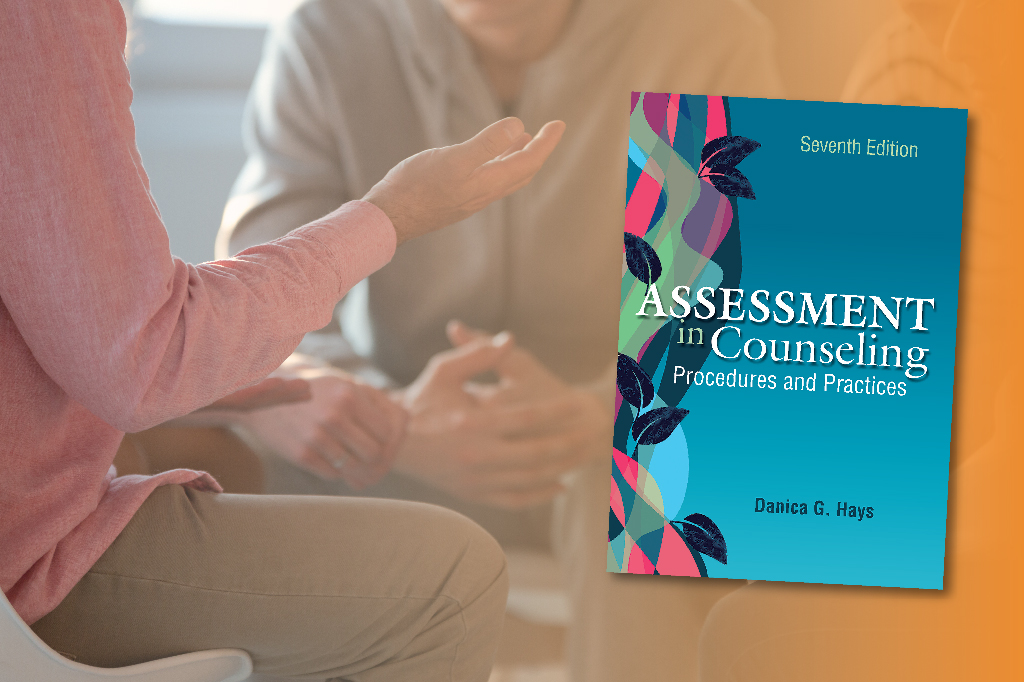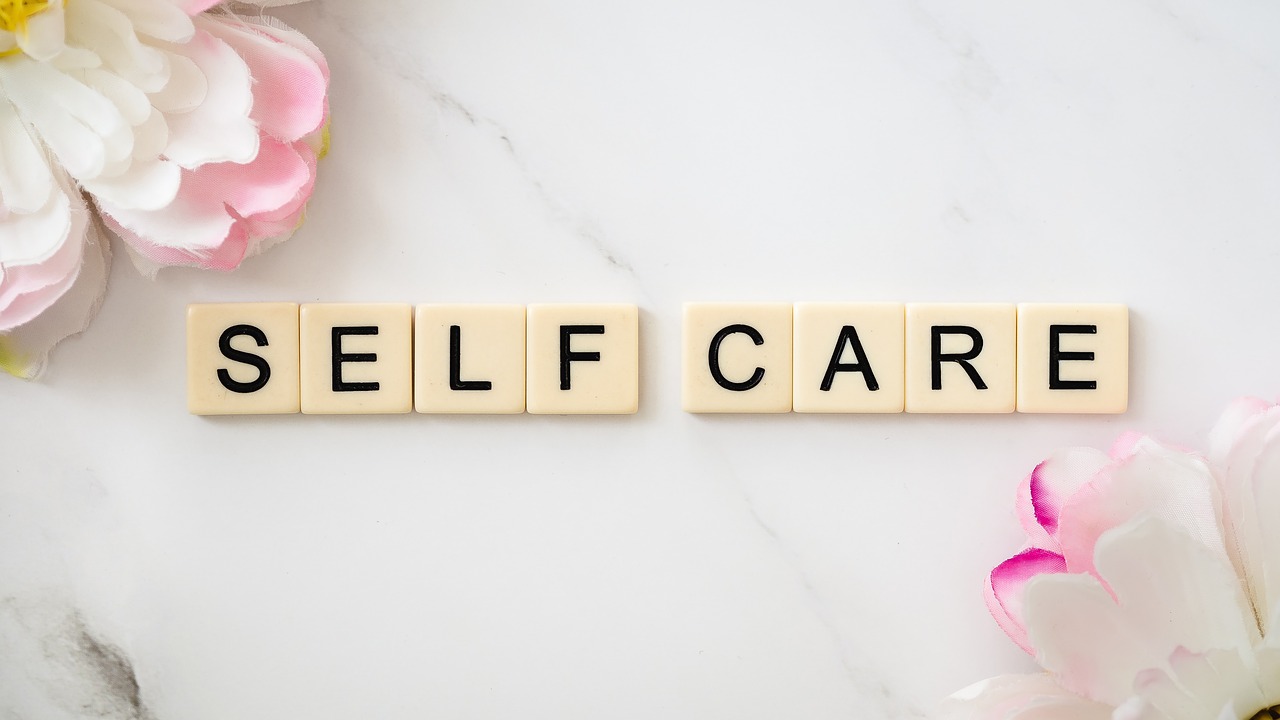
Highlighting the importance of mental health awareness
While one in five people will experience mental illness over the course of their lifetimes, everyone will face challenges that can and will affect their mental health. Observed every year on October 10, World Mental Health Day seeks to raise awareness of mental health issues and highlights efforts to support mental health.
Acknowledging the state of one’s mental health issues is important, and so is being able to seek help when you’re struggling. ACA has provided sharable graphics and resources to support counselors around the world who play a crucial role for those struggling with their mental health.
Related Articles from Counseling Today
General Public Resources from the Counseling Corner
The Benefits of Volunteering
Regardless of where you live, virtually every community has programs that rely on volunteers to operate. Hospitals, homeless shelters, schools, local theater and just about every other community-oriented program you can think of has a need for volunteers to keep it up and running.
And yet many of us don't volunteer. Of course, we have plenty of excuses. Lack of time, work demands, family responsibilities, we're too old -- it's a long excuse list that you might think about as you sit front of the TV most nights wondering why you're bored or lonely or feeling somewhat irrelevant.
One of the main benefits of volunteering is that it can perk up an otherwise fairly static social life. Volunteering offers the opportunity to make connections with the people you are helping and provides the chance to cultivate friendships with other volunteers.
Studies have found that when you volunteer your time and skills, and increase your social interaction, you are likely to improve both your mental and physical health. Experts advise that consistent socializing can lead to better brain functioning and help reduce the risk for depression and anxiety.
These benefits are particularly important in helping improve our lives as we get older. Surveys have found that some 45 percent of people admit to feeling lonely and that as many as one in ten people report having no close friends. Clearly, the improvement in socializing that comes with volunteering pays dividends in these areas, and those are dividends that accumulate regardless of age.
Volunteering to help with organizations serving the less fortunate is not only a way of doing something good for your community but also can bring a variety of personal benefits. It's been shown to be a way to improve self-esteem and to help develop emotional stability.
Some research has shown that people who volunteer may be at lower risk for dementia as they age and that volunteer activities may help strengthen the immune system. Studies have found that seniors often gain real physical benefits from volunteering, including a possible reduction in heart disease and a general sense of feeling younger.
Volunteering isn't a magic cure for all of life's ills, but it is a way to stay more active, to contribute to your community and to expand and strengthen your social life. And all of that can add up to a happier and healthier you.




















